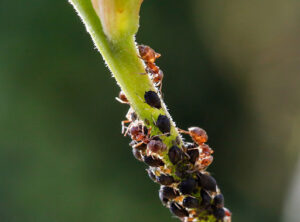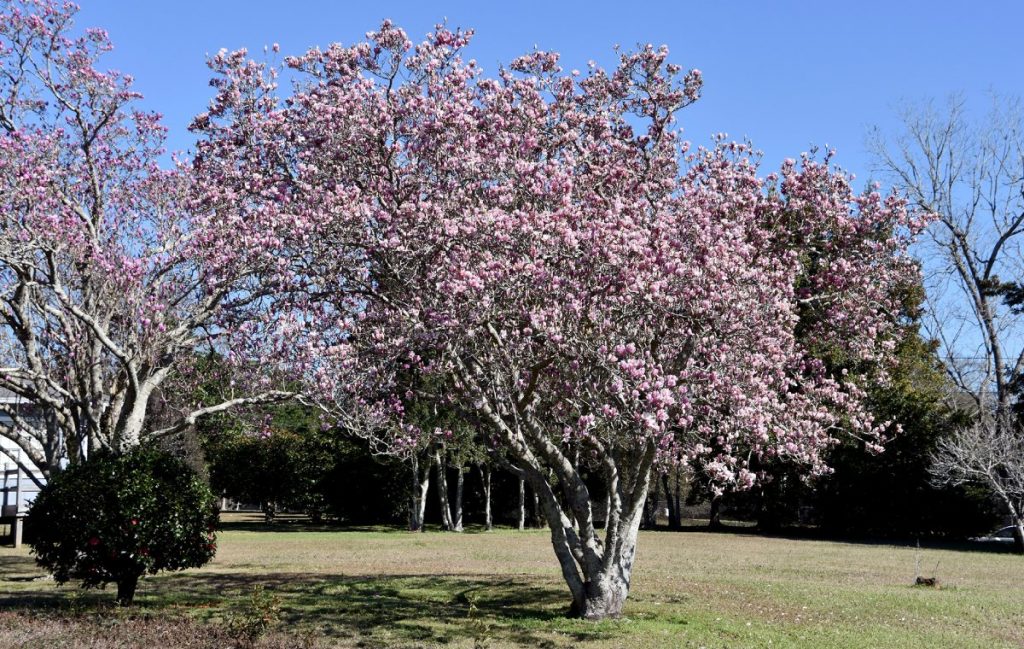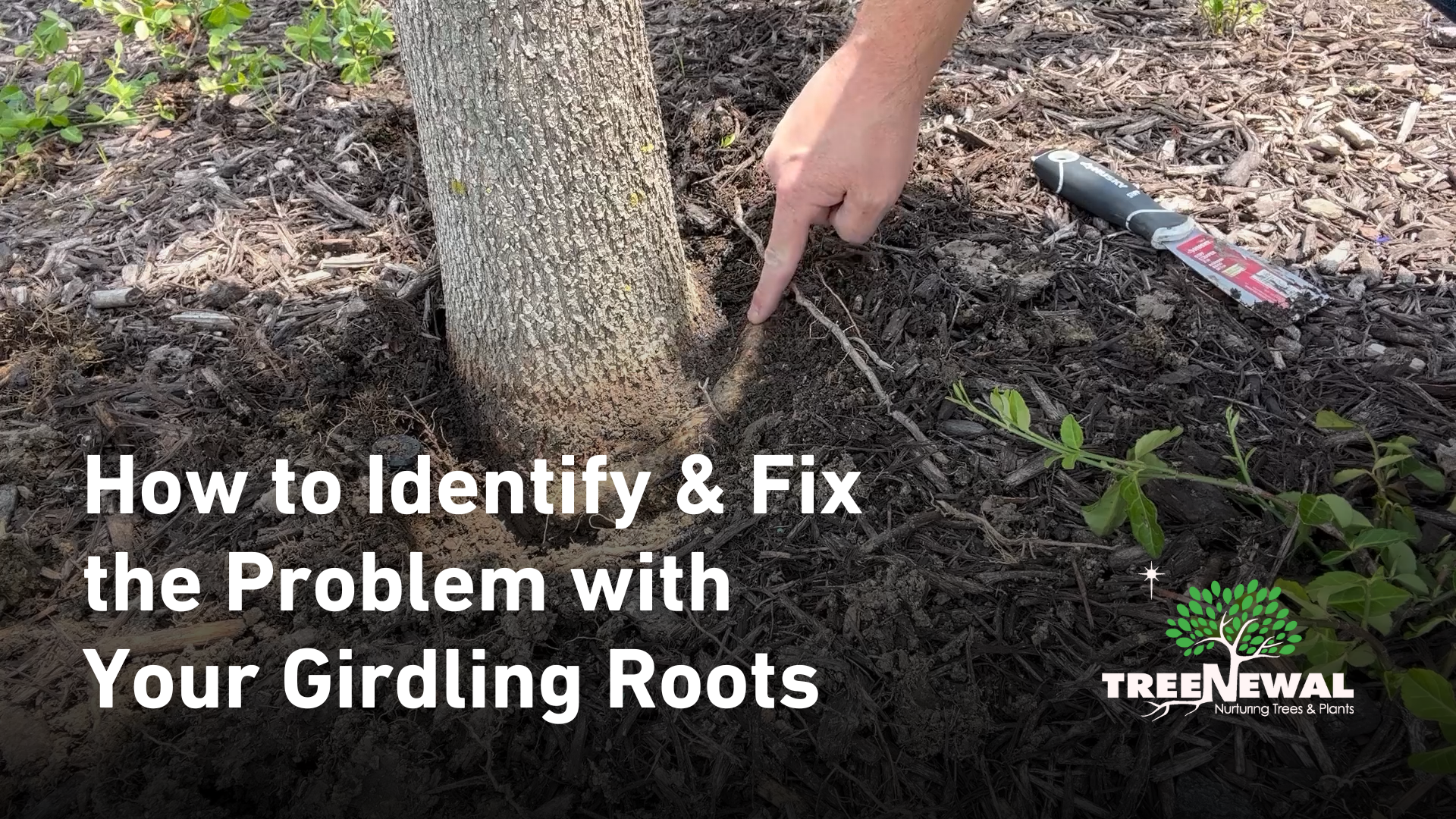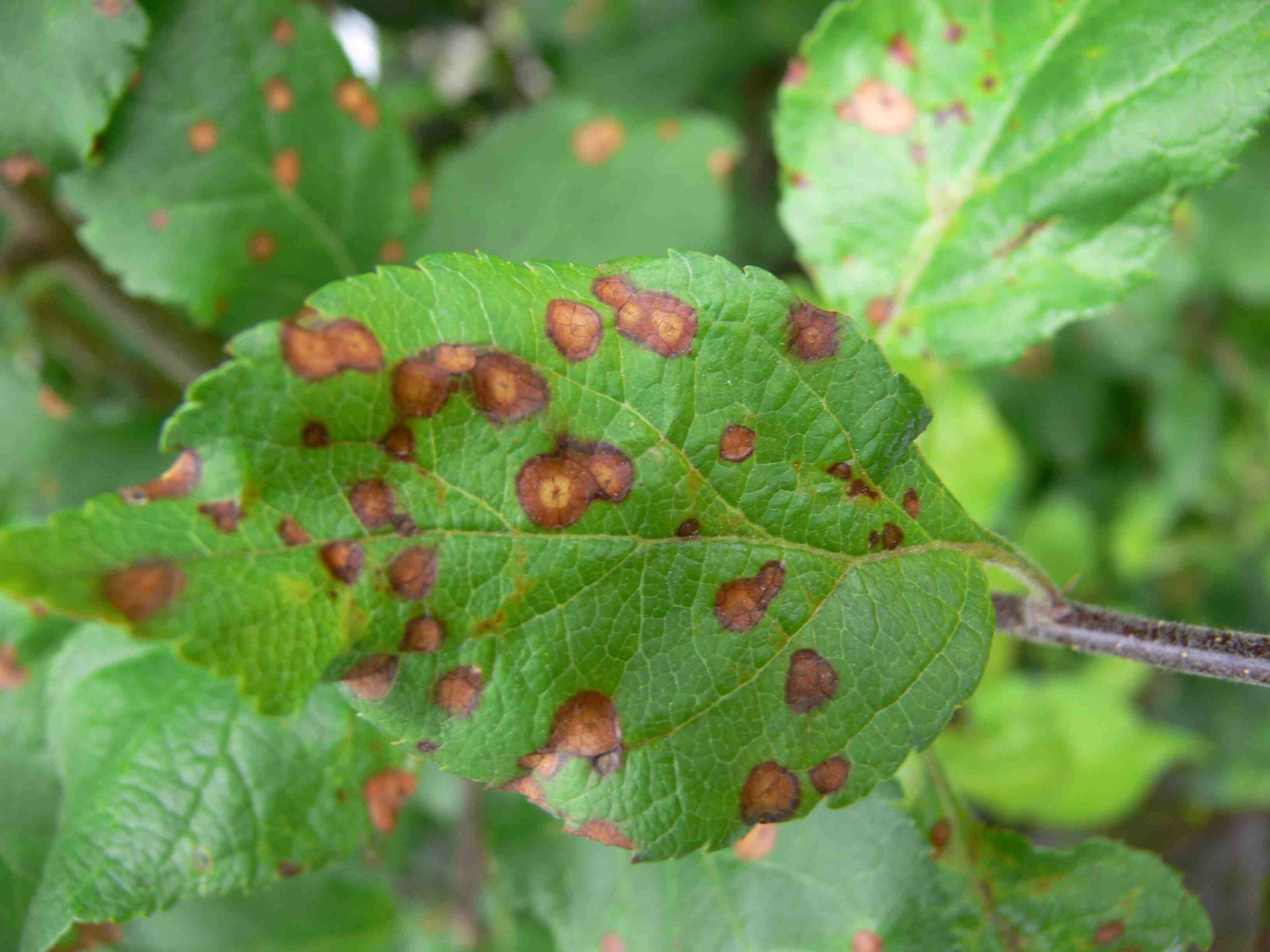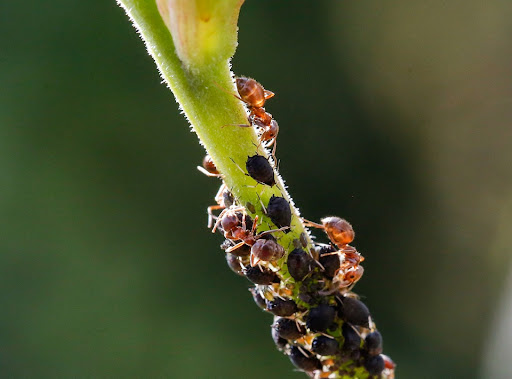
Dormant Oil
Date April 10, 2023
While most people enjoy the changing foliage, drink apple cider, and attend football games in the fall, insects are also busy laying eggs in shrubs and trees. These eggs remain on the plants until spring arrives, and hungry larvae hatch and end up devouring the trees and shrubs. One way to combat these pesky creatures is to use dormant oil.
What Is Dormant Oil?
Image via Pixabay by schauhi
Also called horticulture oil, dormant oil is a highly refined petroleum product that acts as an insecticide. Newer dormant oil formulations contain mineral oil along with an emulsifier to help the water mix with the oil. The emulsifier ensures that when combined, the water and oil will provide a more thorough coverage on the plant surfaces. The dormant oil suffocates larvae and eggs that overwinter on trees and shrubs. Instead of administering poison to the bugs, the oil smothers them.
When Should Technicians Spray Dormant Oil?
Typically, technicians spray trees and shrubs with dormant oil around either the end of fall or the beginning of spring. These are the ideal times because the plants don’t have any leaves and have stopped all growth. They coat the leaves and spray the oil into cracks and crevices in the bark to cover all the areas where insects have laid eggs. The goal is to apply the spray before buds begin to appear.
Keep in mind that spraying too early causes the oil to wear off before the eggs hatch, but spraying too late damages the tree’s new growth. Aim to spray when the temperature is at least 40 degrees so the spray doesn’t freeze when applied.
Although traditional dormant oil is best used when trees are dormant, newer formulas work well at other times of the year at a lower application rate. These newer types of oil also fall under the name of all-season oil or horticulture oil.
What Pests Does Dormant Oil Control?
Homeowners use dormant oil to get a handle on outdoor insect infestations on trees and shrubs before they cause too much damage. The oil usually works well in fighting several types of insects, most notably aphids, leafhoppers, mealybugs, scale, spider mites, and whiteflies. It also usually works better on younger insects, so again, timing is essential with applications.
What Precautions Should Be Taken With Dormant Oil?
Not only is the temperature a vital aspect to consider when applying dormant oil, but other aspects should be taken into consideration.
- Drought-stressed plants. Dormant oil should not be used on drought-stressed plants. Irrigate their root zones, and give them a few days to rehydrate.
- Toxicity: A dormant oil mixture will kill annual flowers, so proper precautions should be made during application. Completely cover tender vegetation before spraying occurs near any trees or vines.
- Repeat application. Depending on how invasive the insects are, another application might be needed. Check to see how long to wait in between sprays.
Dallas homeowners can receive help with invasive insects causing problems in their trees by reaching out to TreeNewal. Our ISA Certified Arborists are committed to preserving tree health by offering a comprehensive treatment and service plan. Contact us today, and we can get your trees healthy again.
